Afghan President Ghani announces temporary unilateral ceasefire with the Taliban
Afghan President Ashraf Ghani announced on Thursday, June 7 a temporary ceasefire with the Taliban following an unprecedented fatwa against suicide attacks from the country’s main clerical body. In a series of tweets, Ghani said the government would halt offensive operations against the Taliban for eight days after June 11.
“The Government of the Islamic Republic of Afghanistan announces ceasefire from the 27th of Ramadan until the fifth day of Eid-ul-Fitr following the historic ruling [Fatwa] of the Afghan Ulema,” Ghani said.
“This ceasefire is an opportunity for Taliban to introspect that their violent campaign is not wining them hearts and minds but further alienating the Afghan people from their cause.”
The ceasefire does not include Islamic State – Khorasan Province or other foreign terrorist groups, he added.
Lieutenant General Mohamad Sharif Yaftali, Chief of General Staff Afghan National Army, said the ANA would uphold the ceasefire and called on the Taliban to abide by it. He said the ANA was prepared to actively defend positions.
The head of American forces in Afghanistan said the U.S. military would also abide by the ceasefire.
“We will adhere to the wishes of Afghanistan for the country to enjoy a peaceful end to the Islamic holy month of Ramadan, and support the search for an end to the conflict,” General John Nicholson, U.S. Forces-Afghanistan and the NATO-led Resolute Support commander, said in a statement.
Earlier this week, the Afghan Ulema Council decreed that suicide attacks are strictly against Islam and only the state can declare ‘jihad.’
ISKP claimed responsibility for a suicide bombing outside the Afghan Ulema Council shortly after the fatwa was issued on June 4.
The Taliban last month called on Kabul residents to stay away from military and intelligence centers in the capital, saying they planned more assaults as part of their annual spring offensive, ‘al-Khandaq.’ Both the Taliban and ISKP have recently stepped up attacks on the capital, which accounted for 16 percent of all civilian casualties last year, when 1,831 civilians were killed or wounded nationwide, according to the United Nations.
Ghani has made peace overtures to the Taliban before. In February he laid out plans for a possible settlement with the group, including a ceasefire, prisoner release, and recognition of the Taliban as a legitimate political party.
MORE: Ghani’s peace offer to the Taliban: A long shot, but worth a shot
The group initially stopped short of rejecting his plan but has called for direct talks with the United States to find a “peaceful” solution to the conflict. The Taliban then declared it would seek revenge after an Afghan Air Force strike in Kunduz province that killed and wounded at least 107 people, including 81 children.
It was unclear on Thursday whether the Taliban would also stop attacks during the ceasefire. In the announcement of its spring offensive on May 1, the Taliban called Ghani’s peace offer a conspiracy and has carried out dozens of attacks on security forces this spring.
A war over water: Fall of Farah exposes a new proxy front in Afghanistan’s conflict
This story was edited on June 7 to include comments from the Afghan National Army chief of staff and U.S. Forces-Afghanistan commander.



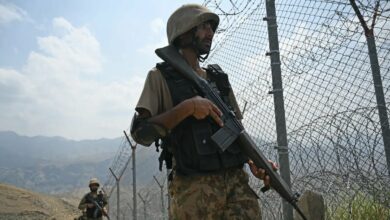

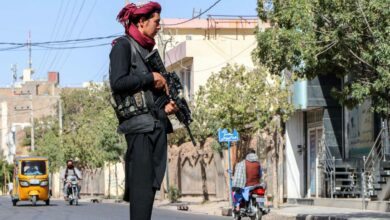

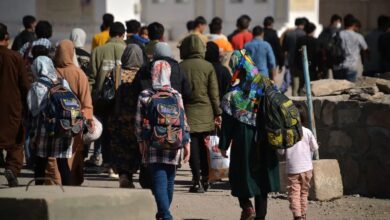
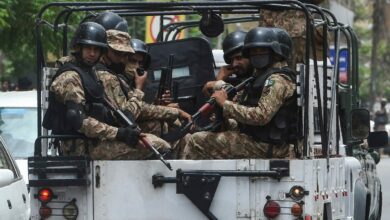
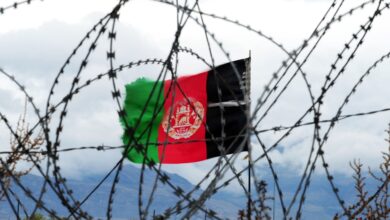

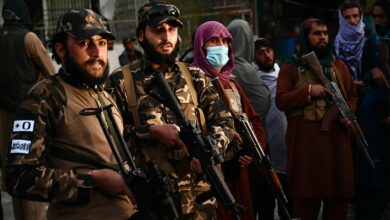
6 Comments